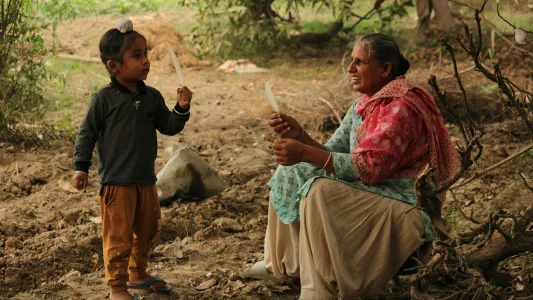Avoiding the previous mistakes of diabetic family members

I still remember the day my uncle was diagnosed with diabetes. It was something we’d been waiting to happen but still weren’t prepared for.
No one was surprised because:
- he’d been on the borderline for quite some time.
- diabetes ran in the family.
- his father had succumbed to the disease at 59.
The wounds were still fresh, and everyone feared the worst.
However, what no one had considered was that medical science is advancing at a rapid pace. Diabetes isn’t considered a fatal disease anymore, but rather a lifestyle disease. And it can now be managed through medical assistance and lifestyle adjustments.
My uncle was 28 when he was diagnosed with diabetes. It would have been easy to blame it on genetics and wait for the worst. But he had 2 small children and a wife out of work, so he couldn’t afford that luxury. It was time to seek medical help.
Looking past genetics
The doctor didn’t need medical tests to recognise my uncle’s condition – Genetics aside, a pot-bellied man is an invitation to diabetes and other ailments.
He advised my uncle to get fit and lose the fat around his abdomen.
He also assured him that he wasn’t fated to follow in the footsteps of his father. That a diabetes diagnosis no longer means your life is over, and that discipline and willpower would help him lead a long and happy life.
Taking action
The first thing the doctor recommended was that my uncle adopt an active lifestyle.
This was easier said than done.
My uncle is a shopkeeper – He sits in an enclosed space for long periods, and it’s a key contributor to his obesity. He kept his shop open long hours because the extended hours meant more customers and higher income.
However, following his diagnosis, he had to reduce his work hours and prioritise physical activities and time with his family. This active lifestyle would be healthier for him, and it would also mean less stress and help make him a happier person.
Putting things in perspective
Like everyone, my uncle wants to make a lot of money. But how much money is enough?
The fact is, no amount of money is ever enough. You always need more and more.
But if you wish to prioritise your physical and emotional well-being, you need to draw a line somewhere.
And that’s what my uncle did.
He decided to open and shut his shop at regular hours – He knew this could impact his earnings. But he also knew those same earnings wouldn’t be of any use to him if he wasn’t around to enjoy them!
Adopting a healthier lifestyle
Shifting his shop times to regular hours meant my uncle could establish a routine that included physical exercise.
He started walking to the dairy every day to buy fresh milk, and after-dinner walks became a regular part of his life.
He also started taking an interest in the lives of his children. This included helping them with their homework and projects, and taking them for picnics – This strengthened their family bonds and made him a much happier person.
In the past, my uncle came back late from his shop, and once home completed his ledgers. The family would eat dinner without him, his children would go to sleep, and my aunt would stay up to serve him dinner when he finally finished work. After that, he would immediately go to sleep – Taking his meals this way led to acidity and constipation, and sleeping late meant getting up late and rushing through breakfast to reach his shop on time. Combined, these things made him irritable and grumpy.
Adjusting his diet
My uncle’s shop is in the market. This means he’s surrounded by the smell of street food all day long. Lunch was typically from a nearby restaurant, and he snacked throughout the day.
This had to stop, completely.
On his way back from his morning walk, he started buying fresh fruits and vegetables. As they were going to bed earlier, my aunt was awake earlier and had more time to prepare delicious meals for him – Every day, she packed him a healthy tiffin.
My uncle also listened to his doctor’s advice and started eating healthy homemade snacks – Endless cups of sweet tea were replaced with buttermilk and green tea.
He also started eating small meals at regular intervals. This meant he could have a light dinner, followed by an evening walk with his family.
The result?
His health and temperament magically improved.
Reaping the rewards
As it happens, my uncle shortening his shop’s opening hours didn’t have the negative financial impact he’d expected.
Instead, his customers realised his shop’s times had changed, and they adjusted their visits to him accordingly.
Why?
Because everyone likes to visit a well-stocked and reasonably priced shop, especially when it’s managed by a polite and happy shopkeeper.
Final thoughts
Today, both my cousins have grown up and are well-established. One is a doctor, the other is a nutritionist.
Following the example set by my uncle, they both lead active, healthy lifestyles.
And as for my uncle? Last month he turned 86!
Looking for more stories like this?
Joining the workforce, Nirvaanika was keen to climb the corporate ladder. But first, she had to learn how to balance her work and her type 2 diabetes.
Nirvaanika is a type 2 diabetic and the primary caregiver for her type 2 diabetic mother. Her journey has been hard, but she’s grateful for it.
Rishi was 16 when he was diagnosed with type 2 diabetes. Filled with shame, he tried to hide from the world. Then he embraced it, and grew strong again.








